Process
Apollo was one of seven brands under Rautakirja Estonia, a holding company. With considerable office politics and departmental focus undermining cooperation, getting the right people’s attention was not easy. Before the services and customer experience could be improved, everyone needed
to be gotten on board. Through qualitative research, primarily in-depth interviews with customers as well as staff members in various positions throughout the holding company, designers could reveal that while customers were aware of several of the brands, none of them offered anything unique that would help to build long-term loyalty. Furthermore, internally managing 7 brands was clearly inefficient and the cost of marketing as well as personell training for different retail system, was a cost that was delivering little benefits. Obviously, all 7 retail brands delivered a different customer experience that created everything from indifference (no idea where they bought something) to indignation (eg. charging for compulsory customer cards). The weaker brands were identified, which along with obvious trends in the changing analogue to digital landscape, made focusing on the stronger brands a reasonable decision. Furthermore, a clear target was defined: people should remember WHERE they bought something, not just WHAT they bought.
However, the structure of the holding company, with its entrenched manner or working was making implementing changes difficult. This lead to a management buyout, which allowed the strategy and vision for the future to be implemented, reducing the brand portfolio to Apollo and extending its reach beyond books. In 2013 fifteen Apollo entertainment stores were opened, in 2014 the first
Apollo / Blender juice bar was opened, which was soon followed by the first Apollo cinema in 2015. In February 2016 the brand’s flagship Apollo center was opened in one of the busiest boroughs of Estonia’s capital.
Overall, the working process, has been continuously iterative, following the pattern of:


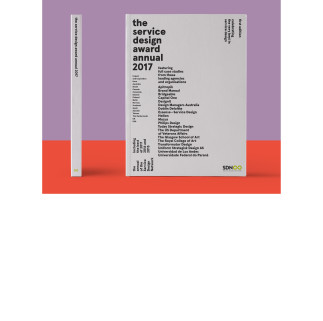
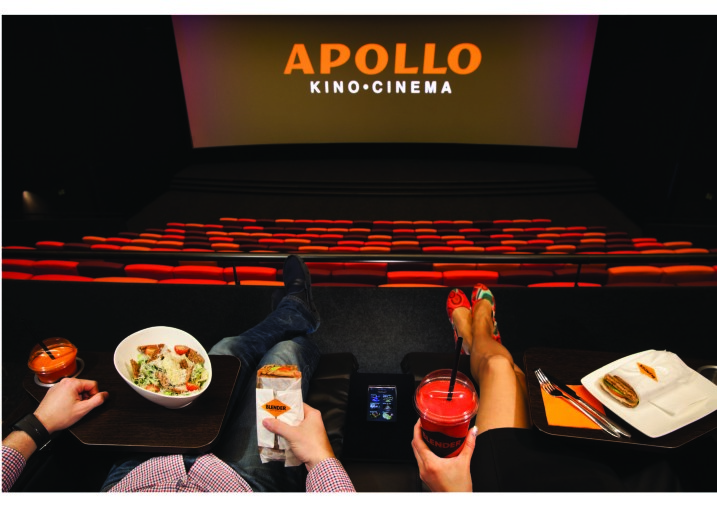
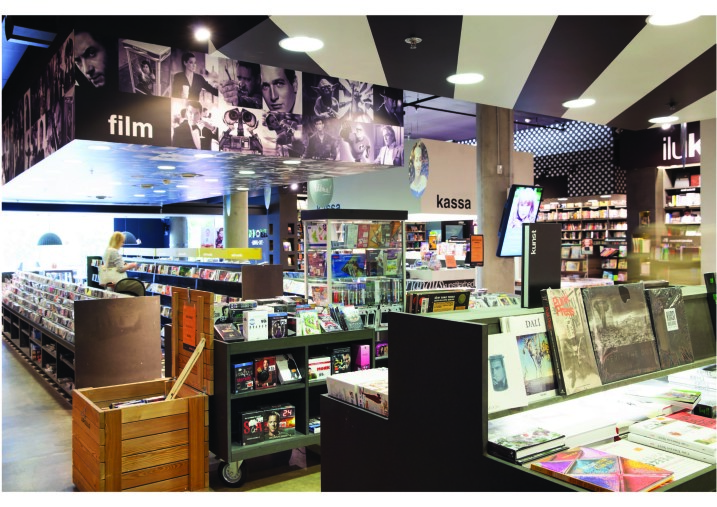
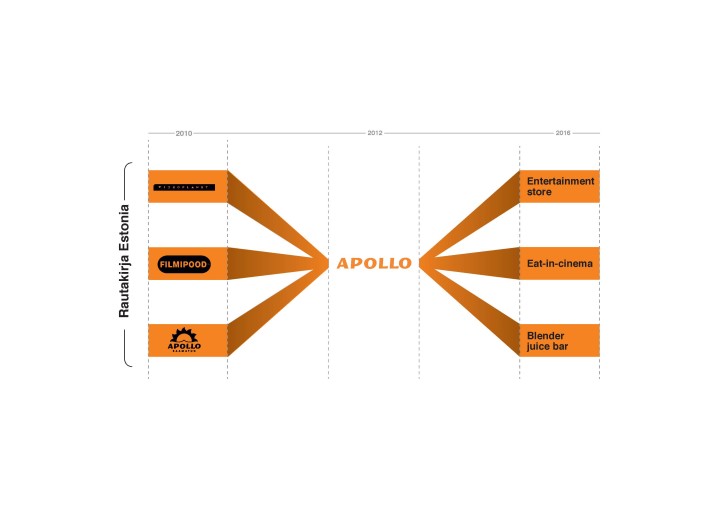
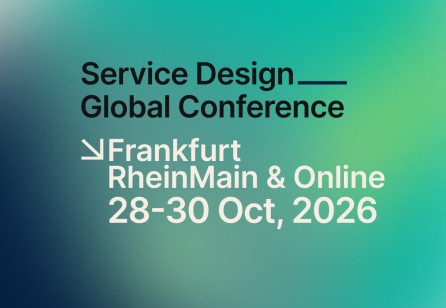
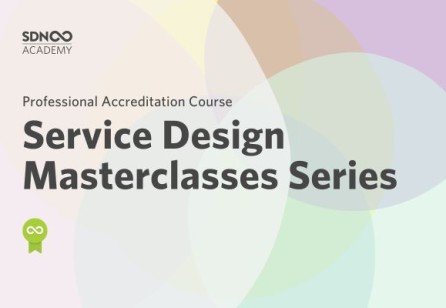
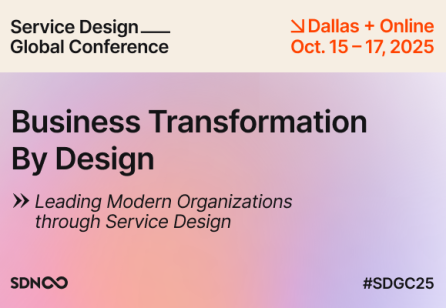
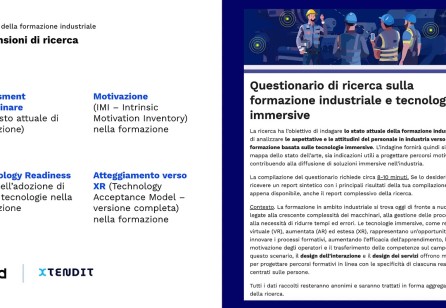

Share your thoughts
0 RepliesPlease login to comment